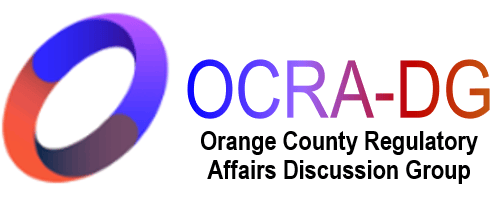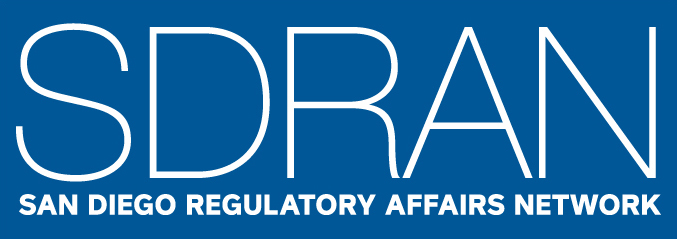Regulatory Affairs & Compliance for Pharmaceuticals
Pharmaceutical (drug and biologic) and medical device companies today are challenged with a stringent and continually evolving regulatory environment, together with changing technologies and global economic considerations.
This program is designed to help meet the expanding need for regulatory affairs professionals who are able to understand and interpret regulations across the full spectrum of the product lifecycle and who can demonstrate both operational and strategic effectiveness. It covers a variety of key topics including regulatory requirements, submissions, strategy, compliance during pre-market and post-market phases, and addresses requirements in the major international markets.
Participants will learn the fundamentals of regulatory affairs, gain exposure to industry practices, and discover practical applications to develop the interpretive and analytical skills required of a regulatory affairs professional.
This program offers two-tracks: pharmaceuticals (drugs and biologics) or medical devices. With unique products, organizations, regulations, and industry standards, pharmaceuticals and medical devices are often treated as distinct industries. The specialized coursework provides the focused training needed to understand regulatory expectations and how to apply this regulatory knowledge in pharmaceutical and medical device organizations.
Who Should Enroll
This program offers a path for students new to the pharmaceutical and/or medical device industries and to individuals currently employed within these industries who are new to the field of pharmaceutical or medical device regulatory affairs. Additionally, this program benefits current industry professionals with focused regulatory or compliance experience seeking a change in practice setting or job function.
Program Benefits
- Further your career with a studies approach in regulatory intelligence by effectively utilizing key databases and resources to gather critical information relevant to the practice of regulatory affairs
- Understand FDA and regulatory agencies in other major international markets in terms of structure, regulations, and enforcement
- Establish an educational pathway for advanced education in FDA regulations, compliance, and policy
- Earn professional development credits to maintain your RAC credential with RAPS – Regulatory Affairs Professional Society
Eligibility and Requirements
Apply to become a candidate for the program: A Declaration of Candidacy is required to establish candidacy in this program. Complete the application and pay the application and candidacy fee of $125 (non-refundable). Learn more about the benefits of becoming a candidate. Candidacy is not required to enroll into individual course in a program.
A candidate in the program is awarded a certificate upon the successful completion of 10 required units from chosen track [pharma or device] and 5 elective credit units totaling 15 units, each with a letter grade of “C” or better. All requirements must be completed within five (5) years after the student enrolls in their first course. To receive the Certified Digital Certificate after completing all the program requirements, students must submit the Request for Certificate to initiate the certificate audit process. Students not pursuing the certificate are welcome to take as many individual courses as they wish.
Discount
- Orange County Regulatory Affairs (OCRA) members save 10% on tuition. Email membership@ocra-online.org.
- San Diego Regulatory Affairs Network (SDRAN) members save 10% on tuition. Email membership@sdran.org.
Certificate
Approximate Tuition
$4,770Format
OnlineDuration
12-18 monthsTotal Units
15Enroll and pay for courses as you go.
Have Questions?
Talk to an enrollment coach
Call: (949) 824-5414
Monday - Friday, 9am - 4pm (Pacific)

Course Schedule
Course schedules are subject to change. Individual courses may be taken without enrolling in the full program.
Prerequisite Courses
Required Courses
Elective Courses
Frequently Asked Questions
Yes, you will receive two separate certificates, one indicating a certificate in Regulatory Affairs & Compliance for Pharmaceuticals and a separate one indicating a certificate in Regulatory Affairs & Compliance for Medical Devices.
You must take all the required courses between both tracks, except for the Intro course (PHRMSCI X480), which will be applied to both tracks; you only need to take it once. You can share up to six units or two electives courses between both tracks.
Please note that you will also need to apply for candidacy into both certificate programs to earn both certificates.
Yes, the Intro course (PHRMSCI X480) will be applied to both tracks; you only need to take it once.
Yes, you can share up to six units or two electives courses between the Clinical Trials: Medical Device and Drug Development Certificate Program and the Medical Device Development Certificate Program.
Career Advancement Network
DCE is proud to offer our learners, candidates and graduates valuable career resources, including personalized career coaching, mentorship, online technology tools, live webinars, and more.



